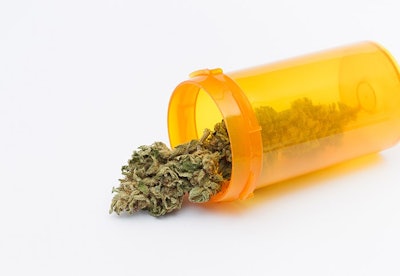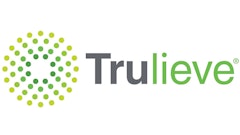
January's been an eventful month in California. New Year's Day saw the implementation of the long-awaited Medicinal And Adult-Use Cannabis Regulatory Safety Act (MAUCRSA), allowing Californians over the age of 21 to legally buy marijuana for recreational use. But a sense of chaos looms over the nascent industry. The onset of these complex rules has hurled businesses into a world of growing pains, and it's also taking a toll on medical marijuana patients--the people the cannabis legalization movement was originally built on.
Steve Stevens uses cannabis to treat symptoms of AIDS and colon cancer. Living on Social Security in San Francisco, one of the most expensive cities in the world, makes purchasing $70-$80 eighths or $400-$600 ounces of flower (or its oil equivalent) nearly impossible. But thanks to Sweetleaf Collective, a 150-patient compassionate care non-profit that donates flower to low-income, terminally ill patients, Stevens has medicated daily for the last decade.
Under California's legalization legislation, however, cannabis businesses are required to pay taxes on all products, including donations and samples. There's no way to dodge it: the law has implemented a track-and-trace system designed to follow all flower and cannabis products through the supply chain from cultivation to sale. Every step of the supply chain has its own tax requirements, too. So if a business doesn't pay taxes on products, the Bureau of Cannabis Control will know.
This area of the law drastically impacts Sweetleaf because it's a donation-based business—a model that mirrors the culture of Proposition 215, the law which ultimately granted patients the legal right to procure and use medical marijuana with a doctor’s recommendation. According to Joe Airone, who founded Sweetleaf in ‘96, the collective delivered over 100 lbs of cannabis (flower and shake that was donated to Airone from cultivators in Humboldt County) to 150 patients last year. Under current law, Airone would have to pay over $50,000 in taxes on 100 pounds of cannabis he's not making any return on. As a result, Sweetleaf has been forced to halt business, leaving 150 severely ill, low-income patients without cannabis.
Top image: © EpicStockMedia | Adobe Stock

























